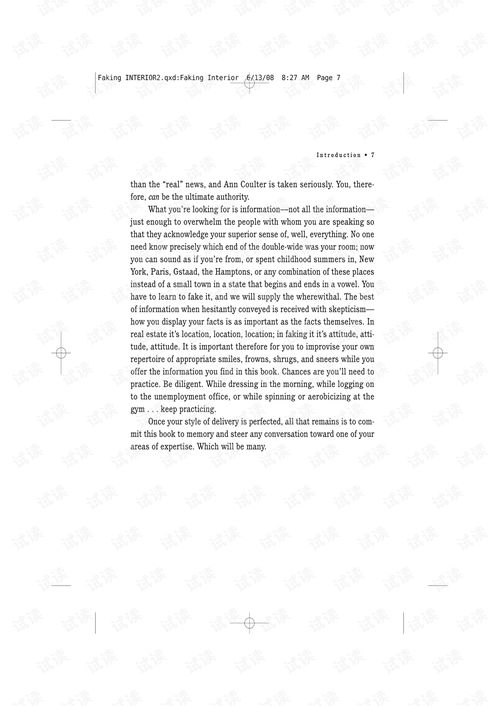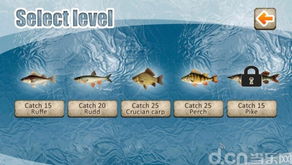A Beginner's Guide to Small Boat Fishing: Essential Tips for Success
Embarking on a small boat fishing adventure can be an exhilarating experience, offering a unique blend of tranquility and the thrill of the catch. However, for those new to the waters, the task can seem daunting. Fear not! This comprehensive guide will equip you with the essential tips and techniques to get you started on your fishing journey in a small boat. Whether you're planning a day out on a calm lake or tackling the waves of the ocean, these pointers will help you master the art of small boat fishing.
Choosing the Right Boat
The first step in your fishing adventure is selecting the right small boat. Here are a few factors to consider:
- Size: Ensure your boat is large enough to comfortably fit you, your gear, and any passengers. A general rule of thumb is to have at least 3 feet of space per person.
- Type: For freshwater fishing, a pontoon boat or a johnboat is ideal. For saltwater fishing, a bass boat or a center console is more suitable.
- Features: Look for a boat with comfortable seating, a sturdy deck, and adequate storage space for your fishing gear.
Essential Equipment
Before setting sail, ensure you have the following essential equipment:
- Fishing Rods and Reels: Choose rods and reels that are appropriate for the type of fish you plan to catch. Spinning rods and reels are versatile and suitable for beginners.
- Lures and Baits: Stock up on a variety of lures and baits, including worms, jigs, crankbaits, and artificial flies.
- Tackle Box: A tackle box is essential for storing hooks, sinkers, leaders, and other fishing accessories.
- Life jacket: Always have a life jacket on board for safety, especially if you're fishing alone.
- First Aid Kit: Accidents can happen, so it's wise to have a first aid kit on hand.
Safety First
Safety should always be your top priority when fishing from a small boat. Here are some safety tips:
- Check the Weather: Before heading out, check the weather forecast and be prepared for sudden changes.
- Tell Someone Your Plans: Inform a friend or family member of your fishing plans, including your destination, expected return time, and the number of people in your party.
- Stay Hydrated and Nourished: Bring plenty of water and snacks to stay hydrated and energized throughout the day.
Finding the Perfect Spot
Finding the right spot to fish is crucial for a successful trip. Here are some tips to help you locate the best fishing spots:
- Research: Use online resources and fishing apps to find popular fishing spots in your area.
- Observe the Water: Look for signs of fish activity, such as bubbles, splashes, or birds diving into the water.
- Be Patient: Finding the perfect spot may take some time, so be patient and don't rush the process.
Casting and Baiting Techniques
Once you've found a good spot, it's time to start fishing. Here are some casting and baiting techniques to help you get started:

- Casting: Hold the rod with a firm grip and position your feet shoulder-width apart. Swing the rod back and forward, releasing the line when the lure reaches the desired distance.
- Baiting: If you're using live bait, such as worms or minnows, thread the bait onto the hook and secure it with a small piece of monofilament line.
- Trolling: For a more active approach, consider trolling. Attach your lure to a fishing line and let it drag behind the boat at a steady speed.
Reading the Water
Understanding the water conditions is crucial for successful fishing. Here are some tips to help you read the water:
- Currents: Be aware of currents, as they can affect the movement of fish and the effectiveness of your baits.
- Depth: Fish often congregate in areas with varying depths, so use a depth finder to locate these spots.
- Structure: Look for underwater structures such as rocks, logs, and reefs, as these can be excellent fishing spots.
Catching and Handling Fish
Once you've caught a fish, it's important to handle it properly to ensure its survival. Here are some tips:
- Use a Net: Use a fishing net to gently scoop the fish out of the water, minimizing stress.
- Keep the Fish in the Water: If possible, keep the fish in the water until you're ready to release or handle it.
- Handle with Care: Be gentle when handling the fish, avoiding unnecessary stress or injury.
Cleaning and Cooking Your Catch
If you plan to keep your catch, it's important to clean and cook it properly. Here are some tips:
- Cleaning: Use a fish scaler and a sharp knife to remove the scales and gut the fish. Rinse the fish under cold water and pat it dry with a clean towel.
- Cooking: There are many delicious ways to cook fish, including grilling, baking, frying, and poaching. Experiment with different recipes to find your favorite.
Conclusion
Small boat fishing can be a rewarding and enjoyable experience for beginners and seasoned anglers alike. By following these essential tips, you'll be well on your way to mastering the art of small boat fishing. Remember to always prioritize safety, respect the water, and enjoy the beauty of nature as you explore the vast world of fishing. Happy fishing!












